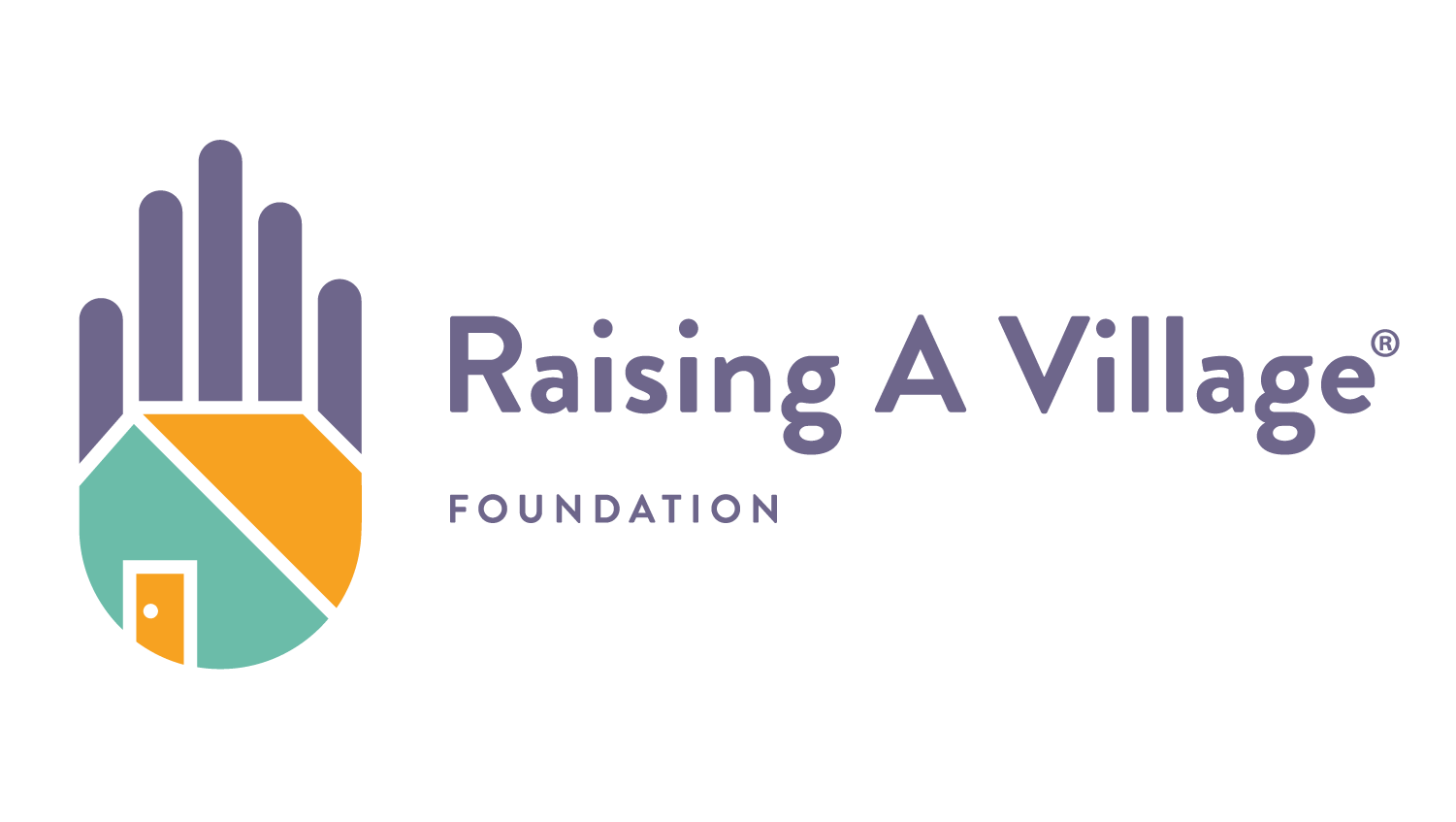Asking the Right [Divergent] Questions
The Learn24 Network hosted a virtual workshop titled "Ask-Listen-Encourage," that Raising A Village Foundation Site Leads in training, such as myself, had the privilege of attending. Led by Mark Weinberger, the workshop aimed to provide participants with a greater understanding of the concepts of positive and purposeful interactions. Moreover, the workshop delineated the characteristics of effective questions and active listening.
As schools and education intervention programs shift to distance learning, education providers are looking for ways to maintain student engagement. I thought this workshop underscored a seemingly simple but effective approach to nurture student engagement- changing the way encourage their thought process and overall critical thinking skills. The art of questioning as education intervention providers is where a solution lies. The workshop discussed two types - convergent and divergent questions. Convergent questions are close-ended and tend to yield 'yes' or 'no' answers/responses. But, how can we get students to use their intellectual acumen and express themselves beyond two possible answers? Divergent questions! Divergent questions go beyond the 'yes' or 'no' responses. These types of questions are useful for gaining a greater level of knowledge and information from students, while also being good at building relationships. We feed two birds with one scone with this approach- by simply asking the right [divergent] questions.
My biggest takeaway from this workshop was that students need to be allowed the space and time to think, to deeply think and then share their thoughts. Open-ended or divergent questions can be used to encourage greater involvement. As students take on learning virtually, their involvement in the learning process it crucial. Stepping into my role as Site Lead with Raising A Village Foundation, I'm making it a priority to think more intently about how to promote divergent thinking from students. I want for my Driven Student Guides to be intentional helping to create a virtual learning space that lives by the divergent thinking motto, "Everything is possible." In a society that in many cases debilitates our student’s perception of what is possible for them, we must encourage them to go for quantity of ideas, not necessarily quality, spontaneously build on other ideas, and push the boundaries of their imagination!
